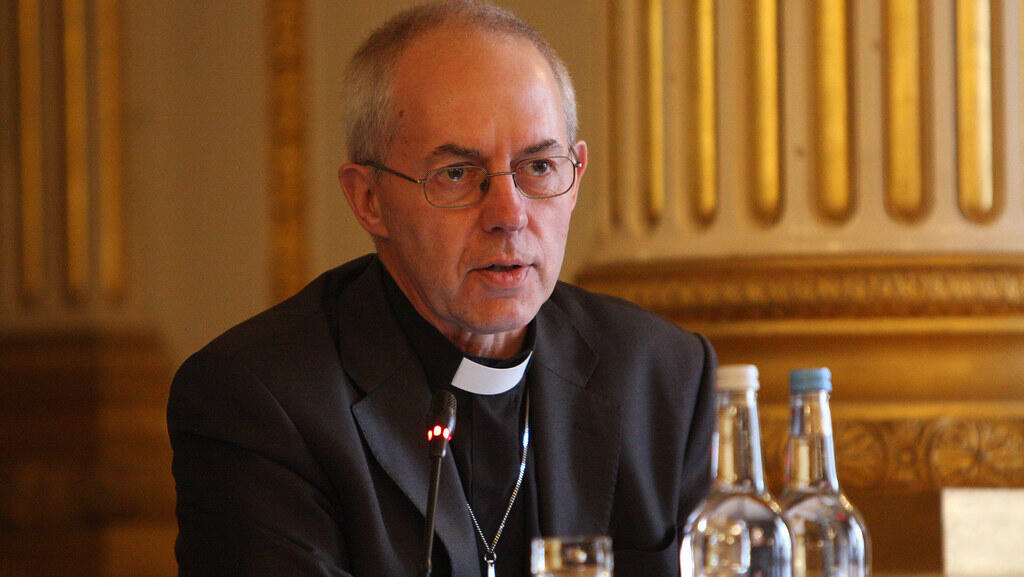The Archbishop of Canterbury, Justin Welby, has resigned amid a scandal involving his handling of a sexual abuse case linked to the Church of England.
The independent Makin Review found that Welby failed to promptly report serial abuser John Smyth to authorities when he became aware of the allegations in 2013.
Keith Makin, who led the independent review, said: “The abuse at the hands of John Smyth was prolific and abhorrent. Words cannot adequately describe the horror of what transpired.
“Many of the victims who took the brave decision to speak to us about what they experienced have carried this abuse silently for more than 40 years.
“Despite the efforts of some individuals to bring the abuse to the attention of authorities, the responses by the Church of England and others were wholly ineffective and amounted to a coverup.
“The Church and its associated organisations must learn from this review and implement robust safeguarding procedures across their organisations that are governed independently.
“This has been a long process but a necessary one to uncover the extent of John Smyth’s despicable behaviour and how the Church reacted to it.
“I would like to sincerely thank the victims for their courage, grace and dignity and I would like to remind everyone reporting on this review about their right to anonymity and privacy.”
Smyth, who ran Christian summer camps, reportedly subjected over 100 boys and young men to brutal and horrific abuse over a 40-year period.
Welby's resignation came after mounting pressure from church leaders and victims.
The fallout from Welby's resignation has been significant. The Church of England is now under intense scrutiny for its handling of abuse cases.
There are calls for systemic changes to ensure such failures do not happen again.
Welby's resignation has also raised questions about church transparency and accountability.
Many have called for a more robust response to abuse allegations.
Many members of the public and church congregants may express disappointment and concern over the church's handling of the situation, leading to calls for increased transparency and reforms.
Some may feel a sense of betrayal and demand justice for the victims, while others may express sympathy for Welby, acknowledging the complexities he faced during his tenure.
Overall, the resignation could spark a broader conversation about accountability and change within the church.
As for what happens next, the King will formally appoint Welby's successor.
The Crown Nominations Commission will recommend two candidates to the Prime Minister, who will then advise the King on appointment.
The next Archbishop of Canterbury will be formally elected by the college of Canons of Canterbury Cathedral.
Meanwhile, Welby has committed to fulfilling his existing constitutional and church responsibilities until a review of necessary obligations is completed.
His resignation could lead to a crisis of confidence among church members and the wider public. It may prompt a reevaluation of the Church's policies and procedures regarding abuse allegations. There is likely to be increased scrutiny and pressure for reform within the Church to prevent future mishandlings.
The Church of England’s Lead Safeguarding Bishop, Joanne Grenfell, and the National Director of Safeguarding, Alexander Kubeyinje, said: “We are deeply sorry for the horrific abuse inflicted by the late John Smyth and its lifelong effects, already spanning more than 40 years.
“The review concludes that Smyth is arguably the most prolific serial abuser to be associated with the Church of England. We know that no words can undo the damage done to people’s lives both by him and by the failure of individuals in the Church and other institutions to respond well. We are also aware that the time the review has taken, which the reviewer addresses, as well as the details now in the public domain have been retraumatising for survivors.
“We highlight the comment in the review from a deceased cleric (David Fletcher) who was aware in the 1980s, along with others, of the extent of the abuse: ‘I thought it would do the work of God immense damage if this were public’.
“We are appalled that any clergy person could believe that covering up abuse was justified in the name of the Gospel, which is about proclaiming Good News to the poor and healing the broken hearted. It was wrong for a seemingly privileged group from an elite background to decide that the needs of victims should be set aside, and that Smyth’s abuse should not therefore be brought to light.
“Every member of the Church is responsible for a culture in which victims are heard, responded to well, and put first: there is never a place for covering up abuse.
